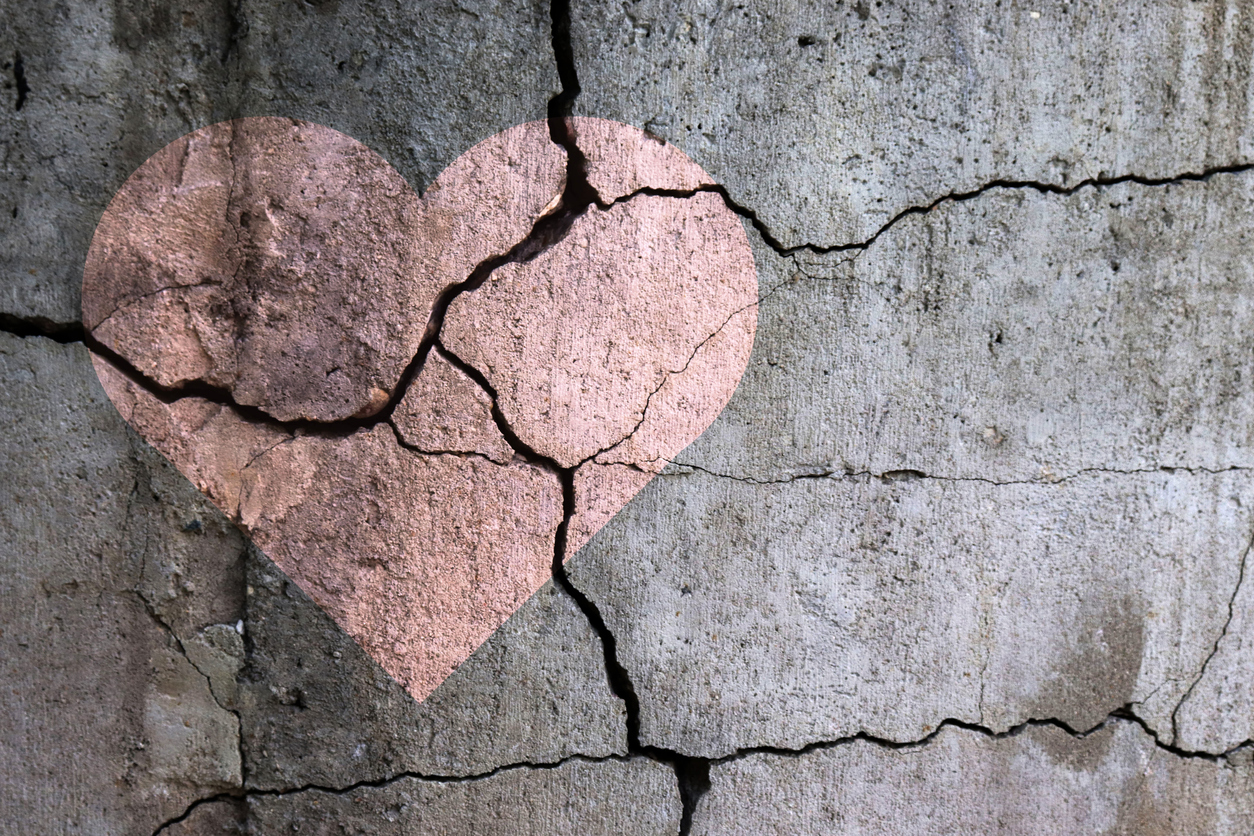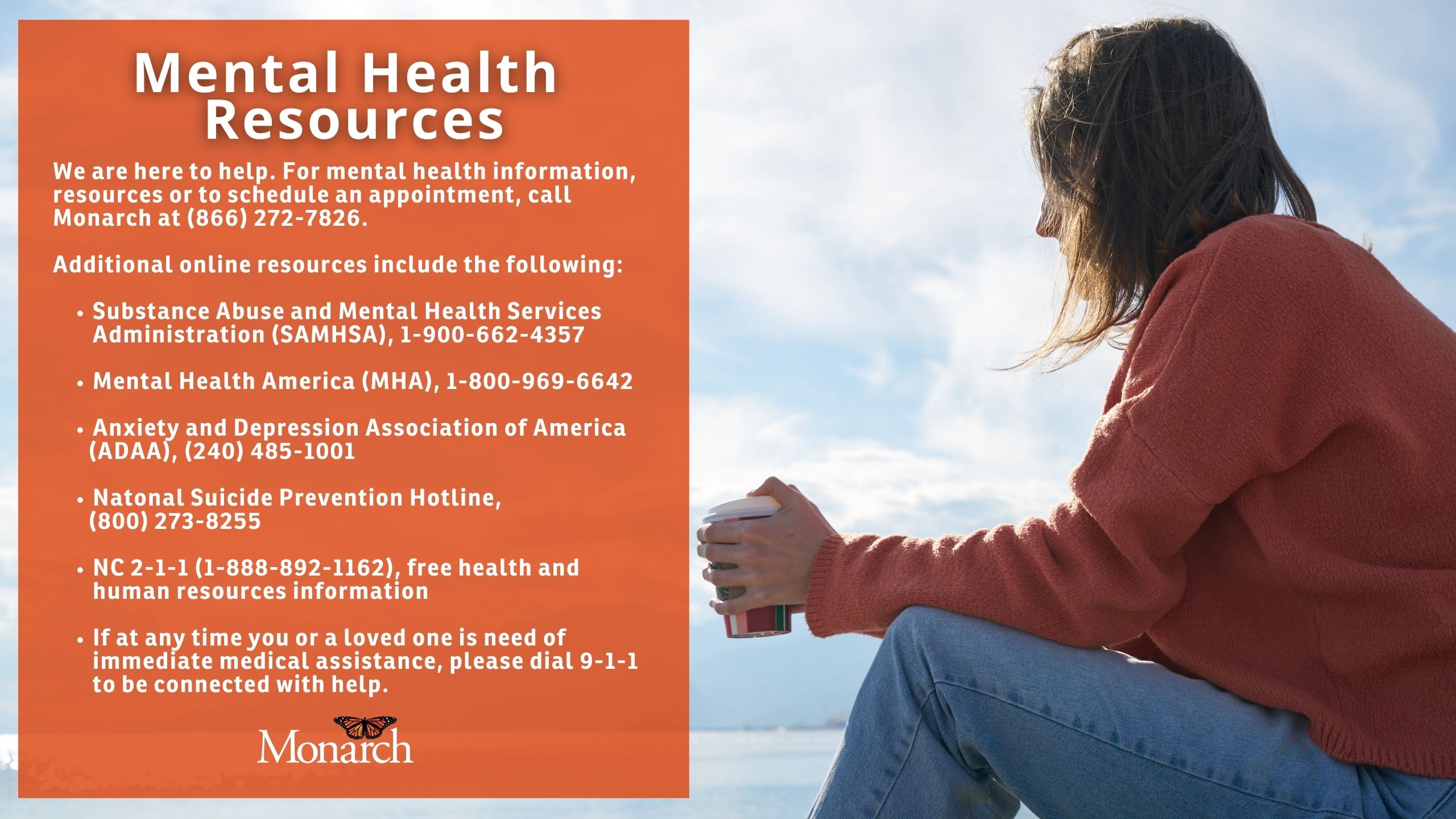How Can I Cope with Tragic Events?

When tragedy happens, it can affect us all.
Whether it happens halfway around the world, in another part of the country or down the street, most of us can’t help but feel the pain that our fellow humans are feeling: sadness, fear, anger, frustration, outrage and confusion.
If you’re feeling overwhelmed, using coping strategies can help. Measures that safeguard mental health can include limiting exposure to media outlets such as once or twice a day and consulting a select number of media channels for information.
Focus on what you can control and practice self-care, which is defined as actively protecting one’s own well-being and happiness especially during stressful times.
All of these are normal emotional reactions to tragedy. The following are some additional coping strategies to care for yourself and each other.
Talk
Find friends, family members, co-workers and neighbors, and share your experience. If you’re having a tough time, others probably are as well.
Our ability to process these events and make meaning out of them helps organize our thoughts. Use caution when reading social media. When emotions run high, people can be less than kind when voicing opinions online. Remember that words have power, and the person reading your words has more power to decide what you meant to convey than you do.
Listen
The other side of letting our thoughts and feelings out is allowing others to do the same. Try not to judge. Sometimes all of us say things we wish we could take back when we’re upset. Extend grace to others and give the benefit of the doubt.
Keep everything in perspective
In circumstances when someone acts out violently, it’s easy to assume that everyone who looks or talks like that person has the same motives and intentions. One individual or small group of people with extreme views does not represent every person of that race, religion, nationality or culture.
Most people are kind and loving, and are often mortified by those who claim to represent them. Global negative views or stereotypes keep people apart rather than bring them together.
Practice understanding
In situations when someone is hurt or killed because of what may seem like carelessness or neglect, remember that everyone makes mistakes. It’s easy to make decisions (or judgments) when we have the luxury of time and distance.
Do something nice
It may sound simple, but kindness is often overlooked when we’re afraid or upset. When terrible things happen, doing for others can help shift our focus to something good.
Giving another person a helping hand takes little effort, but the impact can last a long time. Consider volunteering or donating in other ways. If you are able, give blood.
Spend time with people you care about (and who care about you)
When tragedy strikes, it can be helpful to surround yourself with people who restore your faith in humanity.
Take care of you
Eat, stay hydrated and get plenty of sleep. You are a whole person of body, mind and spirit. When one of those parts is out of line, it is much easier for the others to be. Avoid alcohol and other mind-altering substances
When overwhelmed by negative emotion, some people will try to numb the pain. Using alcohol and other drugs can be dangerous and delays the process of healing.
Ask for help
Talk to a counselor, pastor or another support person trained in helping people sort through troublesome thoughts and emotions. Help is often just a phone call or a few clicks away. If you’re looking for help online, remember that not everything that looks like help actually is.
Most often, online discussion boards are loosely monitored and feature the less-than-kind voices mentioned above. Websites that end in “.org” or “.gov” are more often non-profit or governmental agencies who have to answer for content published.
Resources
In addition to the above coping strategies, practice being patient with yourself and just breathe. The emotional responses we have in the face of tragedy are normal.
If you would like to speak to someone at Monarch to begin mental health services, please call (866) 272-7826 or visit www.MonarchNC.org for details on mental health, intellectual and developmental disabilities, substance use disorder or traumatic brain injury services available.

Posted on: Friday October 14, 2022
